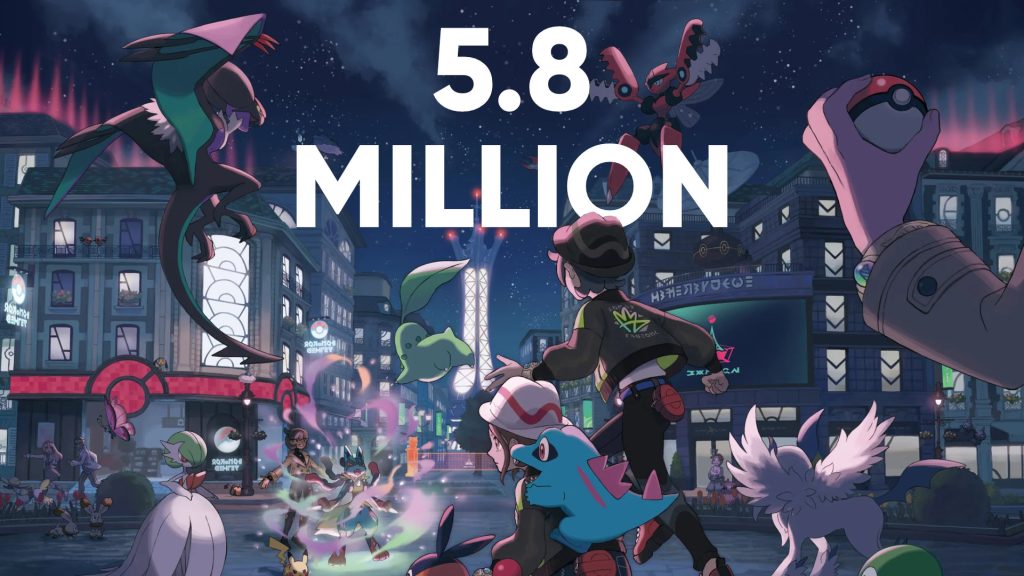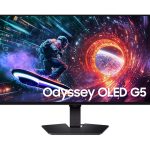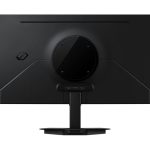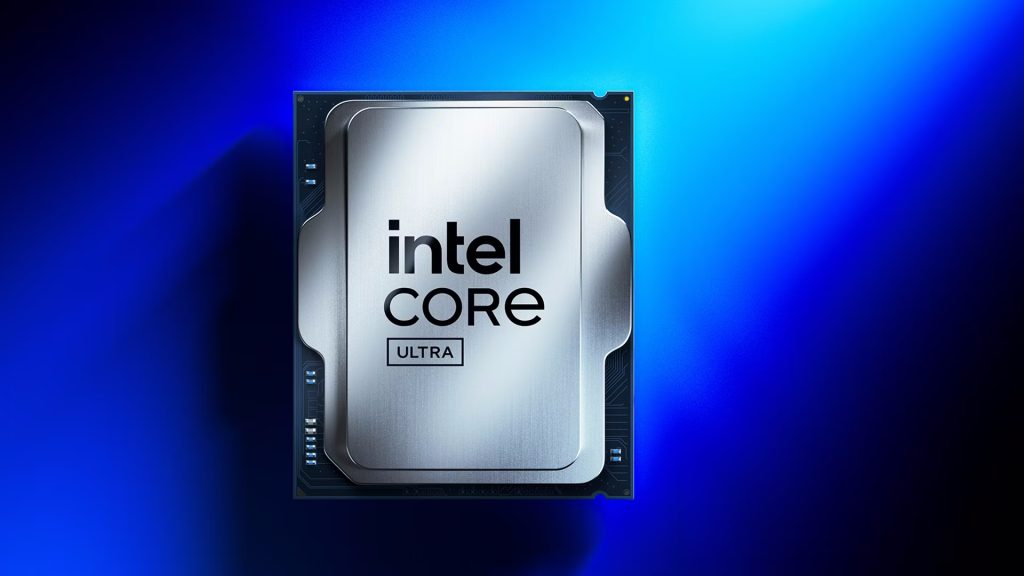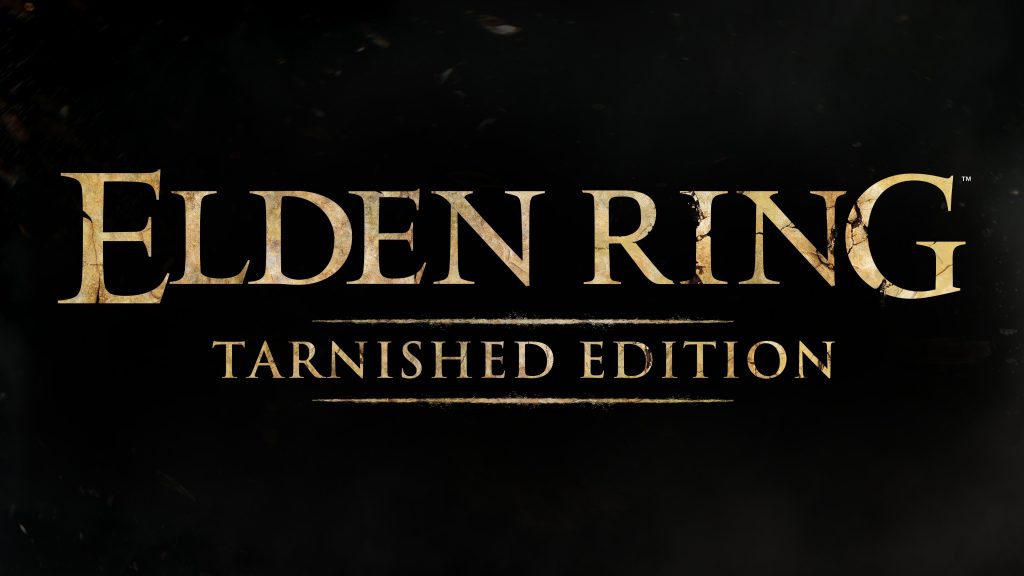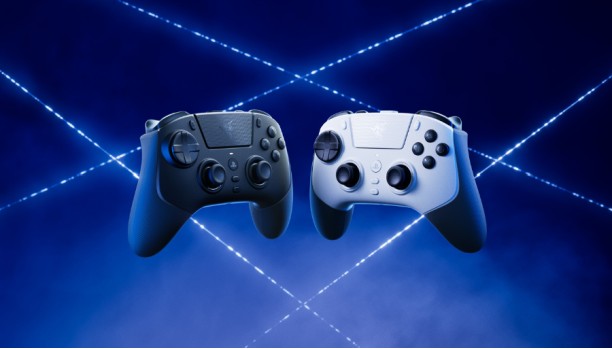Vertu has launched a new smartphone called Agent Q, unveiled at Harrods in London. On the surface it looks like a continuation of the brand’s long history of luxury handsets, but this time the focus is less on precious materials and more on embedded artificial intelligence. Vertu calls it the world’s first “AI Agent Phone”, built not around apps, but around intent. First time around, Vertu pushed posh phones based solely on looks and gold plating but, this time, they have a vision. How successful can a low-volume, specialist smartphone maker be with smartphones that start with a £5,000 price tag?
For most of the smartphone era, users have interacted with icons and apps – separate silos for messaging, notes, maps, and scheduling. Vertu’s new system aims to end that pattern. At the heart of the Agent Q is the Vertu Agent Operating System (VAOS), built on what the company calls the Falcon Cognitive Architecture. Instead of opening and switching between apps – users issue instructions in natural language.
Vertu claims that VAOS processes each request using four internal “cognitive engines”: perception, memory, planning and execution. The idea is that the phone understands a user’s intent, breaks it into steps, and delivers an outcome by coordinating multiple specialist “agents”. A typical example might be, “Prepare a summary of the meeting I was just in, then email it to me – and also book a table for two at Alain Ducasse at the Dorchester at 8pm.”
Some tasks are handled entirely on the device, while others trigger remote automation or involve human support. Vertu calls this hybrid network AIGS — the AI-Generated Service. It combines digital agents with Vertu’s long-standing concierge infrastructure, so that if the AI cannot secure a dinner booking automatically, a human assistant completes the task. From the phone user's point of view – the interaction is the same. They get a result, without having to think about it.
Design aimed at a specific audience
The company makes no secret of the fact that this phone is aimed at entrepreneurs and executives, particularly in the Middle East, where status and service remain strong motivators. Vertu describes the Agent Q as inspired by the white falcon — a symbol of “authority, rarity and sovereign power”. The materials look to reinforce that theme, with a titanium frame, 18-carat gold inlays and white alligator leather. In total the phone is assembled from 320 individual components. We're guessing that your local repair shop is unlikely to be able to swap the screen/battery.
It is a style very different from the minimalist glass rectangles that dominate Western markets, but consistent with Vertu’s heritage. The brand once hand-assembled gem-studded phones in Hampshire before financial collapse and several ownership changes. Under the current management, the production model appears more pragmatic: design and concept at headquarters, main assembly in a modern factory, and final finishing by hand.
First time around, you get the feeling that Vertu's founders just ‘wanted to make a posh phone' – which severely limits the market opportunity. Starting with integrated AI, lots of security and services – the company has a better chance of establishing itself this time.
That said, it might be easier to turn a profit if they sell out on the Agent Q Himalaya Gold and Full Diamon Collector's Edition – which will run you £86,400.
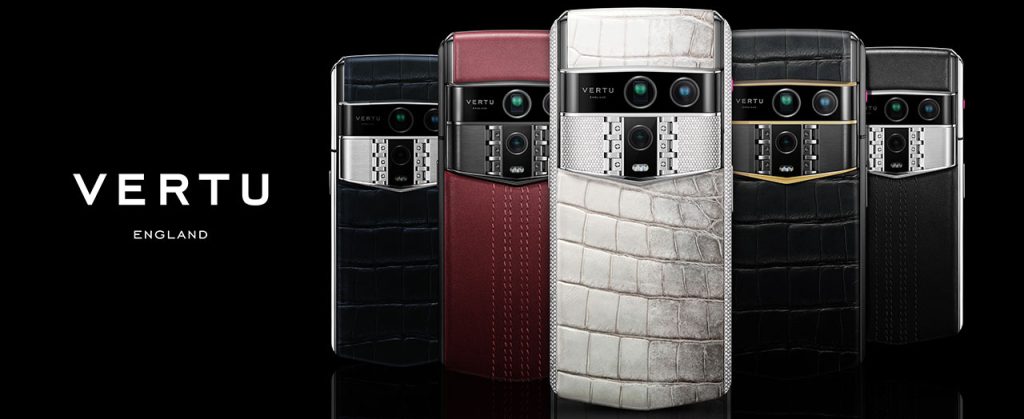
Executive-grade automation
Vertu has mapped its “agent” ecosystem around five pillars of executive work — corporate governance, meetings and follow-up, finance and investment, daily coordination, and marketing and growth. Across these categories, more than 200 specialised agents handle defined workflows.
For example, the Meeting Agent structures agendas, records discussion points, and assigns follow-up actions automatically. The Finance Agent can monitor budgets and cash flow, while the Travel Agent generates itineraries, arranges transport and handles changes in real time. It is effectively a distributed personal assistant that learns from previous behaviour and adapts over time.
The system runs locally wherever possible, a concept Vertu calls Edge Autonomy. Instead of relying entirely on cloud processing, the phone’s dedicated AI chipset performs perception, reasoning and execution directly on the device. According to Vertu, this allows near-instant responses and protects user data from external collection – a core selling point for business users concerned about confidentiality.
Security and privacy
Vertu has integrated several hardware-level defences, marketed as Vertu Secure Certainty. The architecture divides the phone into three isolated systems – Main, Secret and Ghost – each with its own encrypted environment. Communication is end-to-end encrypted, and the device includes a distributed vault with up to 10TB of supposedly tamper-proof storage.
One of the more unusual features is a remote “kill” command that permanently bricks the handset and renders all stored data irretrievable. Vertu positions this as a privacy safeguard for journalists, executives, or anyone at risk of having their phone seized.

Hardware overview
The Agent Q is built around Qualcomm’s Snapdragon 8 Elite Supreme 3nm processor and ships with up to 16GB of RAM and 1TB of storage. The 6.02-inch AMOLED display runs at 120Hz with Full HD+ resolution. Power comes from a 5,565 mAh battery with 65W fast charging, and the phone supports Wi-Fi 7, Bluetooth 5.4, NFC and dual-SIM 5G.
Vertu has also included satellite calling capability for communication in remote areas. Audio is delivered through dual stereo speakers with DTS Ultra processing.
The camera system features three lenses: a 50 MP main sensor with optical stabilisation and variable aperture, a 50 MP ultra-wide, and a 64 MP telephoto. Vertu says it is the only smartphone with a true mechanical zoom lens, though image samples were not demonstrated at the launch. The camera software includes AI-driven retouching and the ability to convert still photos into short cinematic clips.
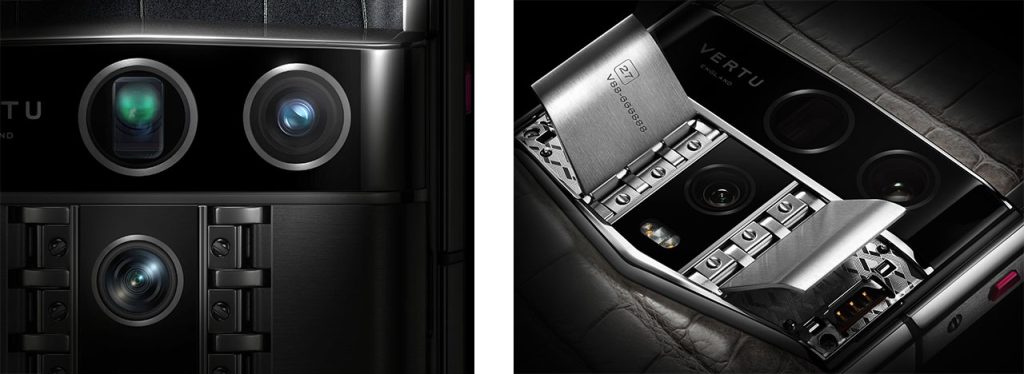
Luxury meets intelligence?
Vertu has historically been associated with craftsmanship and exclusivity rather than cutting-edge technology. Many in the industry will remember the diamond-studded feature phones that cost more than laptops yet offered limited functionality. That model proved unsustainable.
The Agent Q suggests a more balanced approach — maintaining the high-end materials but adding genuine technical depth. If the AI system works as described, it could appeal to executives who value automation and privacy as much as design.
Still, the concept faces challenges. Apple, Google and Samsung are all integrating AI deeper into their ecosystems, and Vertu’s advantage may lie in its willingness to combine software intelligence with a human concierge. Whether this hybrid “AI plus assistant” model scales beyond the luxury niche remains to be seen.
Availability
The Agent Q range – including the White Falcon Edition, Classic Black and Signature Gold – is available now through Harrods, Vertu boutiques and the company’s website. UK pricing starts around the £5,000 mark with the Himalayan gold and diamond encrusted versions closer to £86,000. No mention was made of any ‘on-going service/subscription costs', but they are likely given the cost of providing a ‘people-based concierge system'.
Vertu’s CMO, Molly Ma, summarised the launch by saying: “Technology should not demand more apps; it should deliver more clarity. With Agent Q, we’re creating a phone that plans like a strategist and acts like a chief-of-staff.”
KitGuru says: For Vertu, the challenge will be to prove that intelligence and luxury can coexist – and that this time, its phones are designed not only to impress, but to deliver. Moving from an old-school browser to something like ChatGPT for information, has clear advantages. Can Vertu encourage enough users to make the move to Agent Q? Time will tell.
The post
Vertu returns with Agent Q: an AI-driven phone built for entrepreneurs first appeared on
KitGuru.




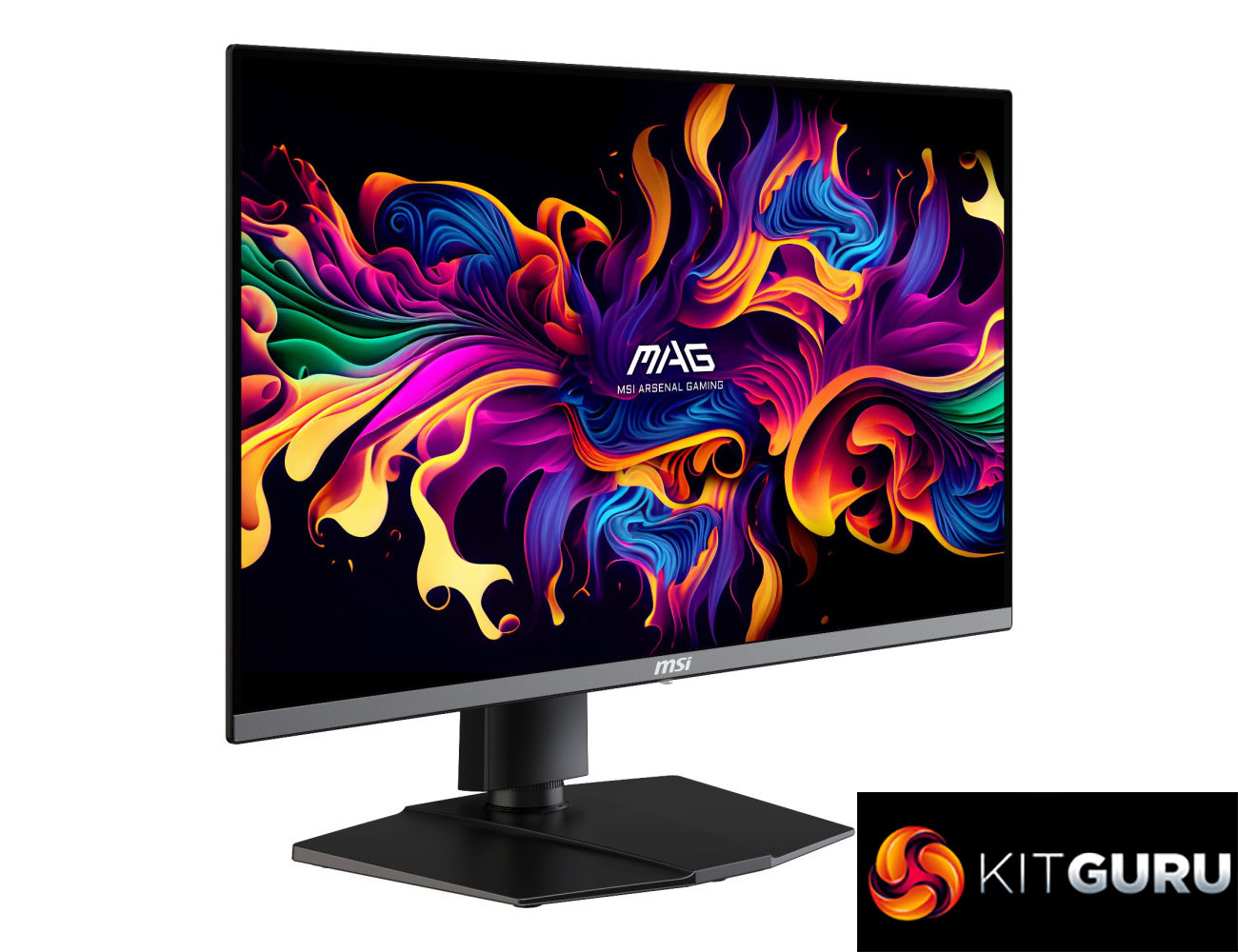
 Premium Pro
Premium Pro



